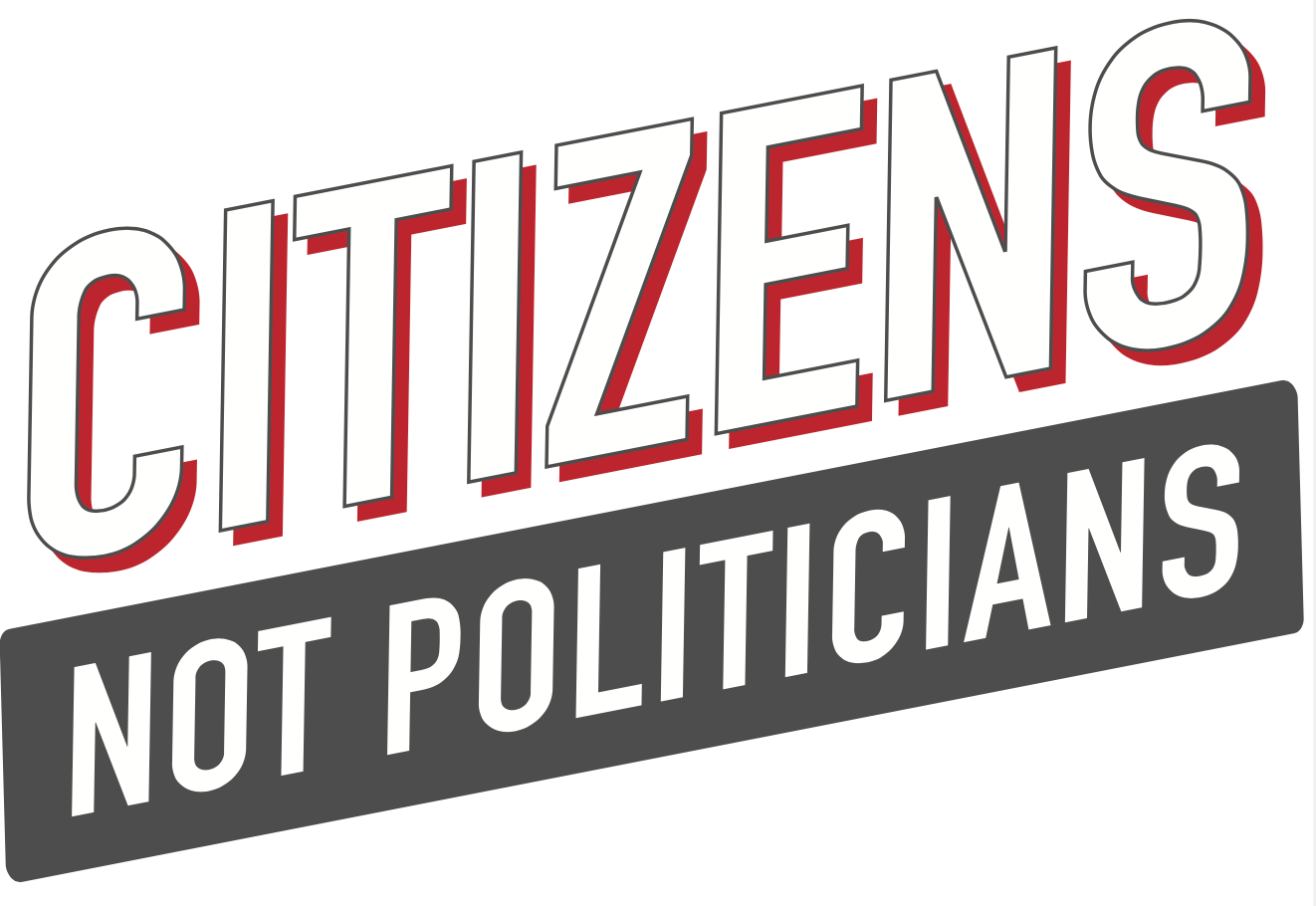Americans of both parties routinely express deep concern about the state of the country’s democracy. This fall, many voters may have a chance to do something about it, by voting on state ballot measures related to the nuts and bolts of elections and governance.
Eight states, including Ohio and seven others largely in the West, appear all but certain to field ballot measures that would either overhaul redistricting or rewrite election rules to discourage hyper-partisanship and give voters a greater voice in choosing candidates.
Redistricting ballot measures are not uncommon, but since the advent of citizen-backed ballot initiatives in the early 1900s no other year has had more than three election-system initiatives, according to the online elections database Ballotpedia.
“I just feel like the voice of the people has gotten more and more diluted,” Kathy Cunningham, a 55-year-old bioscience consultant from Cincinnati, said last month after signing a petition for an Ohio ballot measure that would undo the state’s gerrymandered political maps. “When you have such a huge imbalance of power, how do you get that back? It creates the perception that we’re living in a democracy, when maybe we’re not.”
Ohio is a particular hotbed of discontent, a state where dysfunction, particularly a $60 million bribery scandal, and thoroughly gerrymandered maps have left many in the state cynical and unhappy with the state of their government.
Hundreds of thousands of Ohioans have signed petitions drafted by a strategically named group, Citizens Not Politicians, toward an elusive goal: undoing the gerrymandered political maps that have awarded Republicans supermajority control of the Legislature and a lopsided majority of the state’s 15 House seats.
An initiative that would let an independent commission draw political maps instead of politicians appears all but certain to be on the November ballot.
Read more from the New York Times here.
